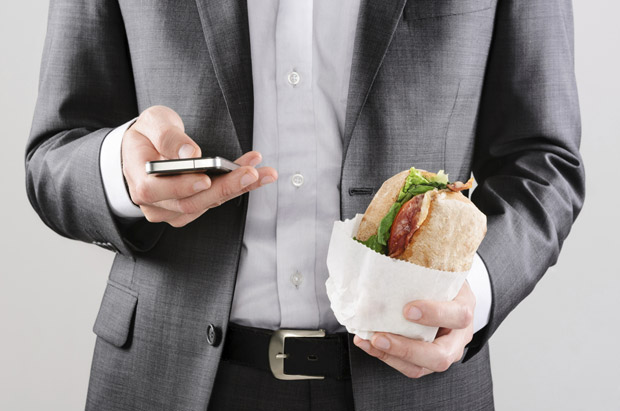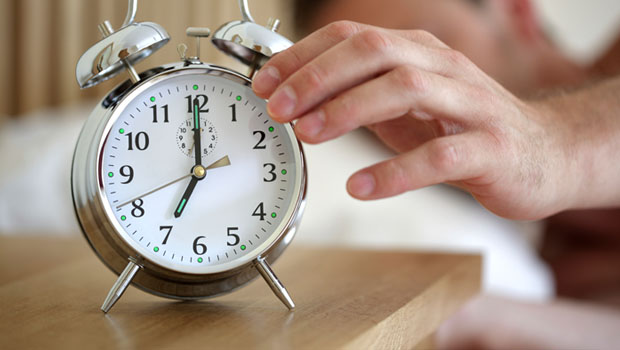The Shame that comes with a Type 2 Diabetes Diagnosis
Shame and denial prevent you from taking better care of your diabetes but you can embrace what you can control and let go of these negatives

It’s the inevitable tsunami after a type 2 diabetes diagnosis: shame, Shame, SHAME.
The emphasis on your lifestyle habits — like what you eat and how often you exercise — is unavoidable in a discussion about type 2 diabetes. And while this does play a role in the development of the disease, it isn’t the only factor.
There’s so much baggage that comes with a diabetes diagnosis,” explains Alexis Elliott, LCSW, LISW-CP, CDE, a health coach with specialties in diabetes, eating disorders, and nutrition.
“When you’re struggling with denial after your diagnosis, that denial may also be fueled by shame because accepting the diagnosis also comes with accepting a belief that if you’re overweight, it’s your fault. And then, you have to do something about it.”
While some health conditions come with an inevitable pride for enduring (like cancer or type 1 diabetes), there isn’t usually a feeling of pride that comes with type 2 diabetes.
Instead, you’re faced with stereotypes, blame, and shame
- “What will people think?
- What will they say?
- Will they think I’m just overweight and lazy and eat too much?
- I caused this all myself?”
“We know your genetics play a huge role in the risk of developing type 2 diabetes, but the lifestyle component implies that all behaviors are a choice,” adds Elliott.
Before you rush to eat the perfect diet, keep the other issues in mind that may need to be addressed first because of how they impact your relationship with food:
- Binge-eating and over-eating
- Bingeing and purging
- Starving yourself during the day
- Depression and anxiety
- A history of abuse, sexual assault, etc. that fuels eating behavior
- A friend or family member who pushes food on you
- A friend or family member who sabotages your healthy efforts
- An unhealthy relationship
- An unhealthy career or work-related lifestyle
- A parent who taught you disordered eating behavior
These are tremendous contributors to your relationship with food. Until you face that larger issue, you’ll struggle to make sustainable changes in your relationship with your health.
Embrace what you can control
Remember what research shows about the cause of type 2 diabetes. We know type 2 diabetes is about far more than just your weight, your diet, and your exercise habits.
Research tells us that…
- …that 60 percent of people with type 2 diabetes struggle with “gradual beta-cell dysfunction.” This means your body is struggling to produce healthy beta-cells that are responsible for producing adequate amounts of insulin.
- …that certain genes, like the “FTO gene,” hugely increase a person’s risk of developing type 2 diabetes, even if they aren’t overweight or obese.
- …that being overweight or obese on its own does not cause type 2 diabetes because many people who are obese do not have diabetes. And conversely, some people with type 2 diabetes are not actually overweight or obese. (Interesting fact, India has one of the lower obesity rates but one of the highest rates of diabetes.)
And yes, research shows that what you eat and how much you exercise and how much you weigh significantly impacts your risk of developing type 2 diabetes. This fact could leave you feeling shame, or it could empower you to take action, to control what you can.
How to leave shame behind
“Write a letter to yourself or to someone you love or a higher power — whatever moves you the most — that fully acknowledges the emotions and beliefs you have tied to your diagnosis,” suggests Elliott.
It’s about surrendering your guilt, shame, and denial. Taking it from inside of your body and placing it outside of you. Letting it go.
“Free yourself from the emotion you’ve wrapped around this part of your life. Maybe you burn the letter. Maybe you read it out loud to a friend. Maybe you put it in a box and seal the box. Either way, surrender those beliefs and feelings in order to begin moving forward.”
Then, embrace what is within your power — and find motivation from what is within your power.
And most of all, remember:
- You do not have to eat perfectly or exercise perfectly in order to make an impact on your sensitivity to insulin and your blood sugar levels.
- You may need help from medications because your body simply needs that support.
- It’s not about 100 percent perfection. It’s about lifestyle habits that are mostly healthy choices, with room for imperfection.




